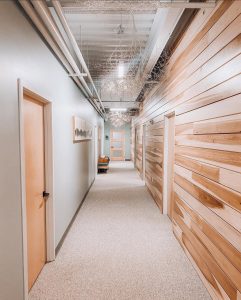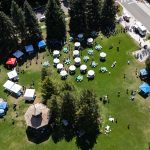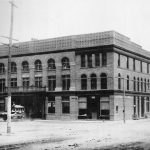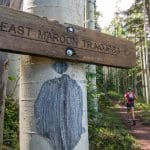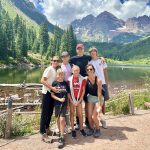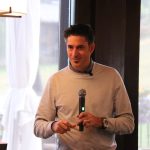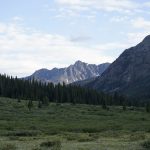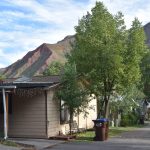NeuroSpa to open first psilocybin healing center in Basalt
NeuroBloom will offer the Roaring Fork Valley new opportunity for healing
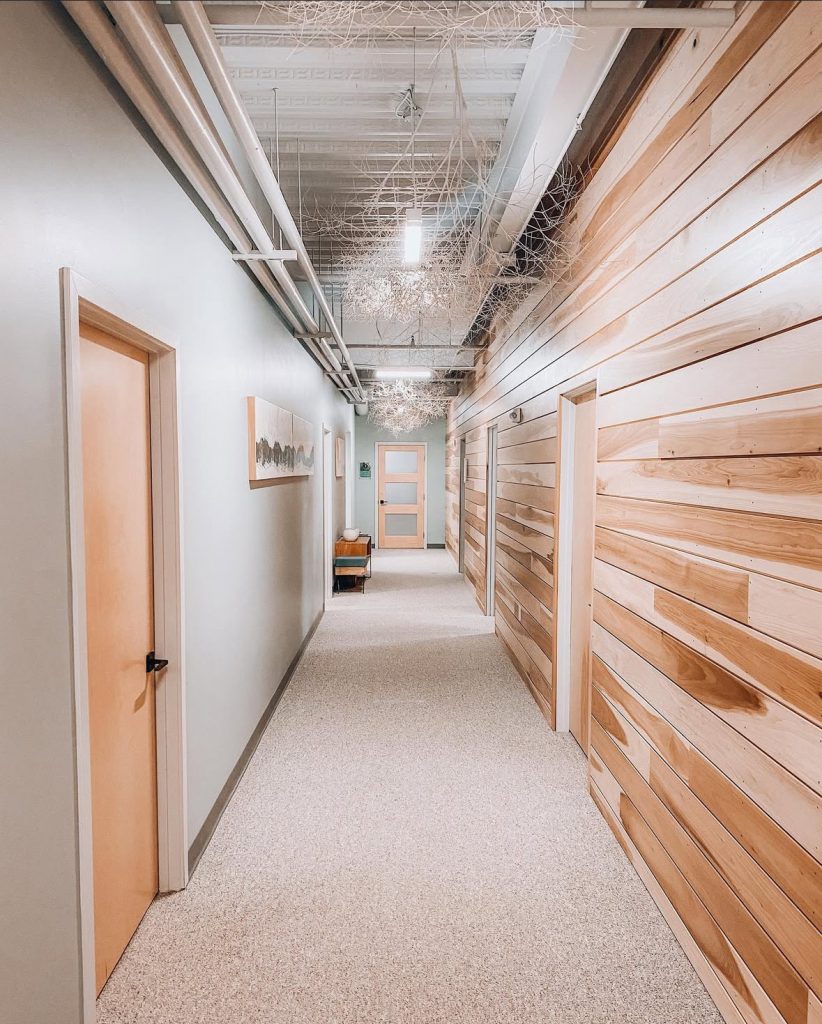
NeuroSpa and Roaring Fork Neurology, P.C./Courtesy photo
NeuroBloom will be the first psilocybin healing center to open in Basalt, offering Roaring Fork Valley community members the chance to experience a potentially “life-changing” medicine for personal growth, trauma healing, treatment-resistant anxiety and depression, and more.
The healing center, licensed through the State of Colorado’s regulated Natural Medicine Program, is part of The NeuroSpa, a medical spa that has already been offering psychedelic treatment with intramuscular ketamine injections at this valley location.
“(Psilocybin is) going to be a much different experience than what you would have with ketamine,” said Dr. Brooke Allen, medical director at The NeuroSpa. “With psilocybin, you’re more in your body than you’ve ever been. That can be a really beautiful experience.”
Psilocybin is a naturally occurring psychedelic compound found in certain species of mushrooms, according to a press release. When ingested, psilocybin is converted in the body to what’s called “psilocin,” which interacts with serotonin receptors in the brain to alter perception, mood, and cognition.
While psilocybin remains a Schedule I substance under U.S. federal law, meaning it is considered one of the most dangerous and strictly controlled substances, some cities and states like Colorado have begun to decriminalize or legalize its use for therapeutic or research purposes. The Natural Medicines Health Act of 2022 passed by Colorado voters led to a regulated psilocybin program in the state by 2024.
NeuroBloom will be sourcing its psilocybin from a company based in Aurora called Druids Choice, a cultivator with both a license and tested medicine approved by Colorado for the regulated model.
Different from the 60 to 90 minute journey with ketamine, psilocybin experiences can last six to eight hours. However, psilocybin also appears to have a more “durable” effect than ketamine, Allen explained, with some people only needing one or two sessions as opposed to the typical ketamine offering of three primary sessions with booster shots three to six months following the initial three.
In the state of Colorado, psilocybin journeys can be sought out by anyone over the age of 21 to assist with personal exploration, personal growth, healing from prior trauma, and working through depression, anxiety, PTSD, addiction, OCD, and even anorexia.
“What we’re excited about is being able to offer a beautiful, grounding, intentional space where people feel safe enough to do their deep inner healing work,” Meagan Adams, NeuroSpa’s lead psychedelic integration specialist, said. “It’s about providing a space where people can deeply connect to themselves and their own inner wisdom.”
NeuroBloom will be offering a variety of options for those looking to participate in a psilocybin journey. There will be individual or couples one-day journeys who will include a medical screening required by the state, preparatory work, a dosing day, and followup integration in the days and weeks afterwards. There will also be a group option available, typically done in a three-day retreat setting, that will include remote medical screenings, a Friday evening preparatory session and low-dose medicine journey (Participants can substitute breath work for the low dose), a Saturday journey day all together, and a Sunday integration.
“There’s just so much thought that’s been put into every step of the way,” Adams said.
Allen noted that psilocybin is very low in risk, especially with NeuroBloom’s emphasis on medical screenings prior to treatment.
“We feel this medicine is extremely safe — when done in the right population, it’s as safe or safer than Tylenol,” she said.
One of the realest risks to participants is the chance of re-traumatization — or having past trauma resurface while working with the medicine. Both Allen and Adams said this is talked about with participants in-depth during an informed consent conversation prior to the journey.
“(Re-traumatization) is a possibility, and it’s really about being able to trust the facilitator to be a kind, nonjudgmental, safe person for the participant,” Adams said. “It’s really important for facilitators to do their own inner work in order for them to stay with someone who’s having a very challenging experience. The witnessing is so much a part of the healing.”
Facilitator and clinical facilitator training takes six to 12 months of didactics required by the state, followed by 40 hours of practicum where individuals both give and receive the natural medicine. There is then 40 hours of consultation work with experienced facilitators, a part Allen called the “most rewarding” part of the training.
While NeuroBloom is set to begin accepting appointments from the general public in Basalt on Oct. 1, they are currently having two test groups go through the process and offer feedback about the space, journey, and more. The first test group will take place in September after the facility officially opens Sept. 2, and the second test group will be a complimentary three-day retreat model for local first responders in the valley.
“We really want to get input from both groups and take that information to really refine our offerings based on what they tell us,” Allen said.
She has also hired a journey sitter/support staff member who speaks Spanish and is currently going through the formal training process to be able to offer service to the local Spanish-speaking community.
Ten percent of the psilocybin service proceeds will go to an organization dedicated to preserving Mazatec heritage, which has stewarded the use of psilocybin mushrooms. Both Allen and Adams recognize the history and practice of the medicine and are committed to continuing that healing tradition in a regulated, safe space.
“We’re grateful to help open a regulated path for this work,” Adams said. “And we remember: None of this is new. These medicines have been carried by Indigenous peoples across time. We honor that stewardship. We also are grateful for the work of many researchers whose pre–War on Drugs work helped illuminate the way forward to help make evidence-based care possible.”
NeuroBloom is slated to open its second location on Nov. 1 in Aspen, where former Aspen City Council member Skippy Mesirow opened a psychedelic healing center earlier this summer.
Those interested in learning more about NeuroBloom, including pricing for varies models, can visit neurobloompsychedelic.com.
Most expensive house for sale in America hits Aspen market
The most expensive house for sale in the country hit the housing market in Aspen last week, a 74.1 acre property listed at $300,000,000.
